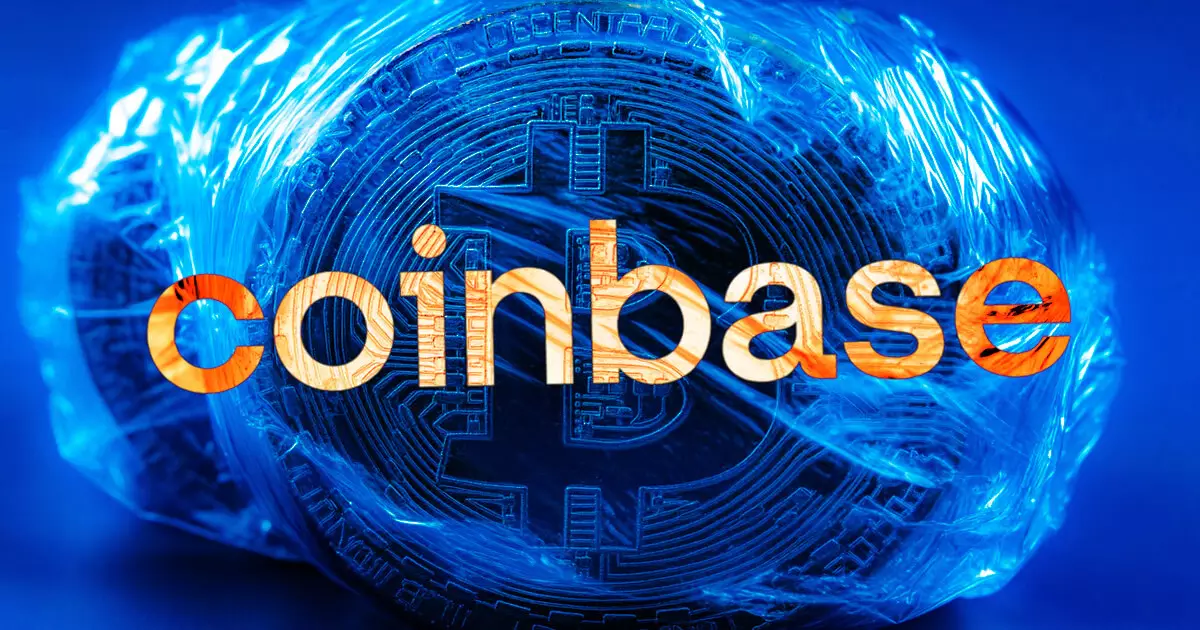Coinbase, one of the leading cryptocurrency exchanges, has recently found itself embroiled in a legal dispute with BiT Global following the delisting of Wrapped Bitcoin (wBTC) from its platform. This decision, deemed necessary by Coinbase due to the perceived risks associated with Justin Sun, the controversial founder of the Tron blockchain, has sparked considerable backlash. The controversy largely stems from concerns regarding Sun’s alleged fraudulent activities and patterns of market manipulation, which form the crux of Coinbase’s justification for the delisting. With these concerns in mind, it became crucial for Coinbase to protect its user base and maintain the integrity of its platform.
In response to Coinbase’s decision, BiT Global sought legal intervention to counteract what it described as an operational hazard stemming from the delisting. Initially, BiT Global attempted to secure a court order to halt the process, arguing that the delisting would adversely affect its business operations. However, this motion was swiftly rejected by the court, which has since prompted Coinbase to file a motion to dismiss the lawsuit overall, labeling it as lacking in merit. This legal back-and-forth highlights the complexities of the cryptocurrency market, where the evolving landscape often leads to disputes between exchanges and token developers.
In its recent court filings, Coinbase has taken a firm stance asserting that its internal review process adequately justified the delisting of wBTC. The exchange posits that it acted within legal boundaries and claims that no law mandates it to host products that it considers detrimental to its users. Additionally, Coinbase argues that BiT Global has failed to provide conclusive evidence to support allegations of misleading statements surrounding the asset’s risks. Their robust defense includes the notion that the reputational risk associated with Sun made it rational for Coinbase to act preemptively.
The ongoing legal tussle between Coinbase and BiT Global raises larger questions about the accountability and responsibility of cryptocurrency exchanges. It invites stakeholders to examine the protocols and standards that govern asset listings. Coinbase’s enforcement of strict policies regarding risky assets emphasizes a growing trend among exchanges aiming to prioritize user safety and platform reliability, particularly amidst a backdrop of increasing regulatory scrutiny. Ultimately, this situation underscores the need for clear regulations within the cryptocurrency space to ensure that both exchanges and developers can navigate their responsibilities without resorting to litigation.
The case of Coinbase versus BiT Global exemplifies the evolving dynamics of the cryptocurrency industry, shedding light on the crucial balance between user protection and market freedom. As the exchange continues to defend its decision and the ramifications of such actions unfold in the courts, it’s clear that both the operational guidelines and legal obligations of cryptocurrency exchanges will remain critical topics of discussion amidst the ongoing maturation of the crypto ecosystem. In a field characterized by rapid change, the decisions made by leading exchanges like Coinbase will indubitably shape the future of how digital assets are managed and regulated.


Leave a Reply